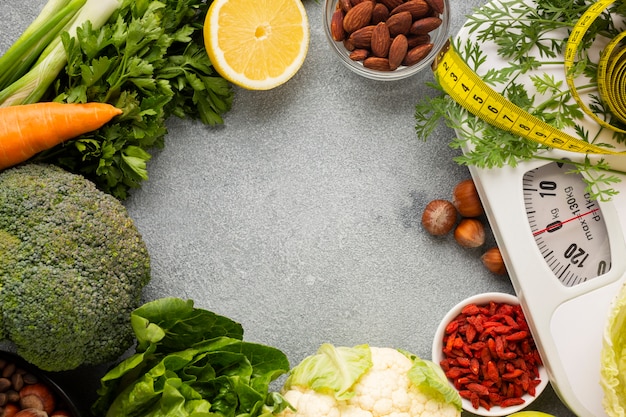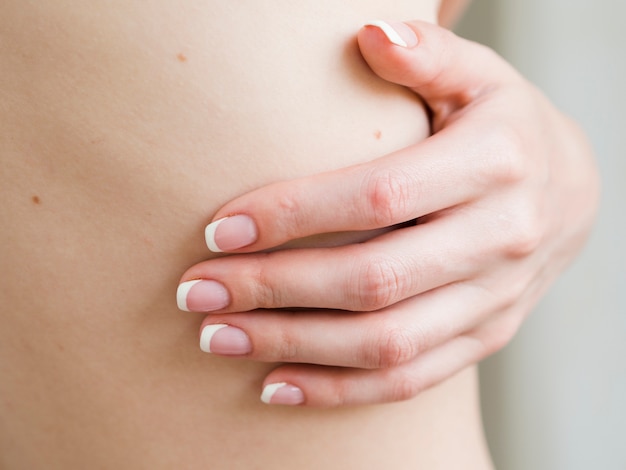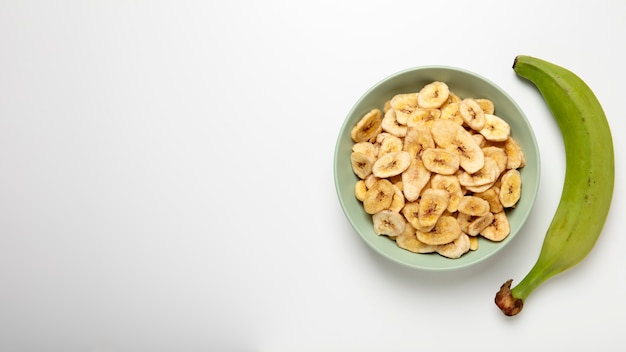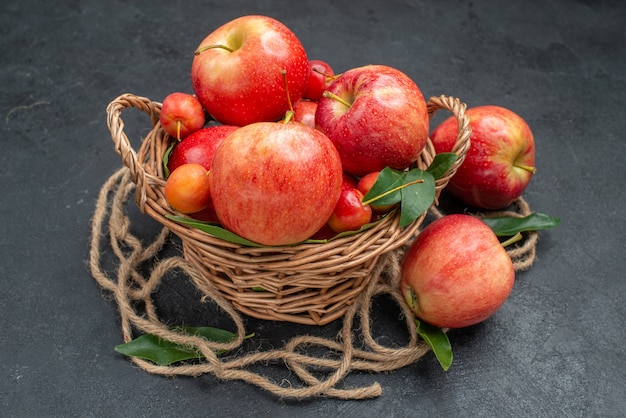Your basal metabolic rate (BMR) is the number of calories your body needs to perform essential functions like breathing, circulation, cell production, nutrient processing, and temperature regulation. This rate varies based on factors like age, sex, weight, and activity level.
BMR is crucial because it represents the minimum calories your body needs to stay alive at rest. It accounts for a significant portion of your total energy expenditure, ranging from 40% to 70%. Knowing your BMR can help you adjust your calorie intake based on your health and fitness goals, whether you want to lose weight, gain weight, or maintain your current weight.
To calculate your BMR and daily calorie needs, consider the types of activities you do throughout the day. These activities can be categorized as restful, very light, light, moderate, or heavy.
Once you estimate the time spent on each activity, you can calculate your BMR and daily calorie needs. There are several formulas to calculate BMR including Harris & Benedict, Katch and McArdle, Tagliabue/Andreoli, Mifflin, and Schofield each with different variables.
For children, specific formulas like the Harris & Benedict formula for children use weight and height.
Understanding your BMR and daily calorie needs is essential for managing your health and fitness goals. By considering your activity level, age, sex, and weight, you can calculate your BMR and adjust your calorie intake accordingly. Whether you’re aiming to lose weight, gain weight, or maintain your current weight, knowing your BMR can help you make informed decisions about your diet and lifestyle.







